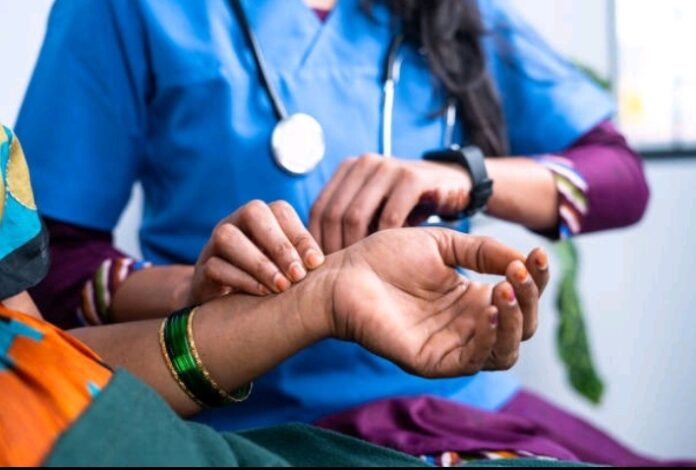During economic challenges, accessible healthcare is crucial. The government must ensure affordable medical services to protect people’s financial stability and overall well-being.
Accessible healthcare promotes social justice by enabling timely health interventions, preventing major crises, and easing the strain on the healthcare system.
To ensure that workers receive necessary medical services despite economic hardships, the government can implement various strategies:
1. Government could focus on supporting its national health insurance scheme (NHIS) and implementing subsidies for low-income workers to make insurance more affordable.
2. Funding could be directed towards strengthening primary healthcare facilities and community health centers, particularly in rural and underserved areas, to ensure that workers have access to quality care.

3. Promoting telemedicine could be crucial in Nigeria, especially given its vast and diverse geography. Investment in telehealth infrastructure and regulatory changes to facilitate its widespread adoption would be essential.
4. Addressing high prescription drug costs could involve similar strategies, such as negotiating prices with pharmaceutical companies and promoting the use of generic medications.
5. Government-funded initiatives could include public health campaigns to educate workers about available healthcare services, their rights under the NHIS, and the importance of preventive care.
By adapting these strategies to the Nigerian context, the government can work towards ensuring that workers have access to affordable healthcare during economic hardships, ultimately promoting social justice and a healthier workforce.




